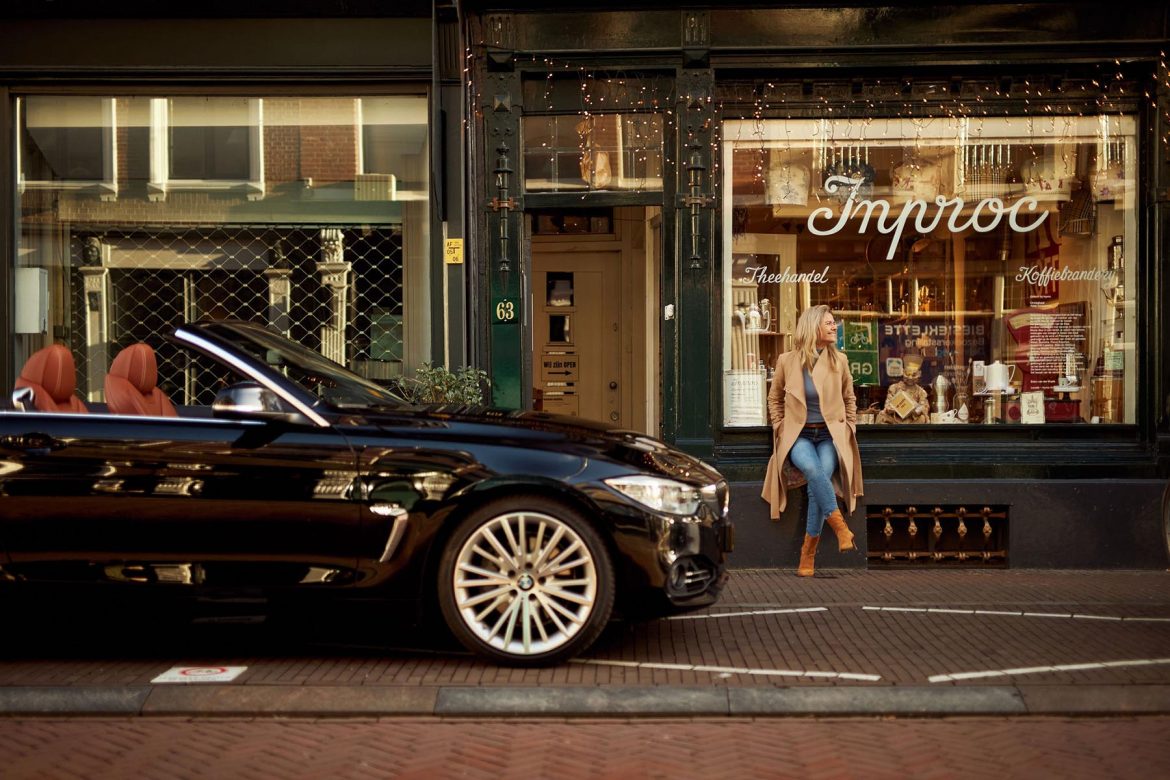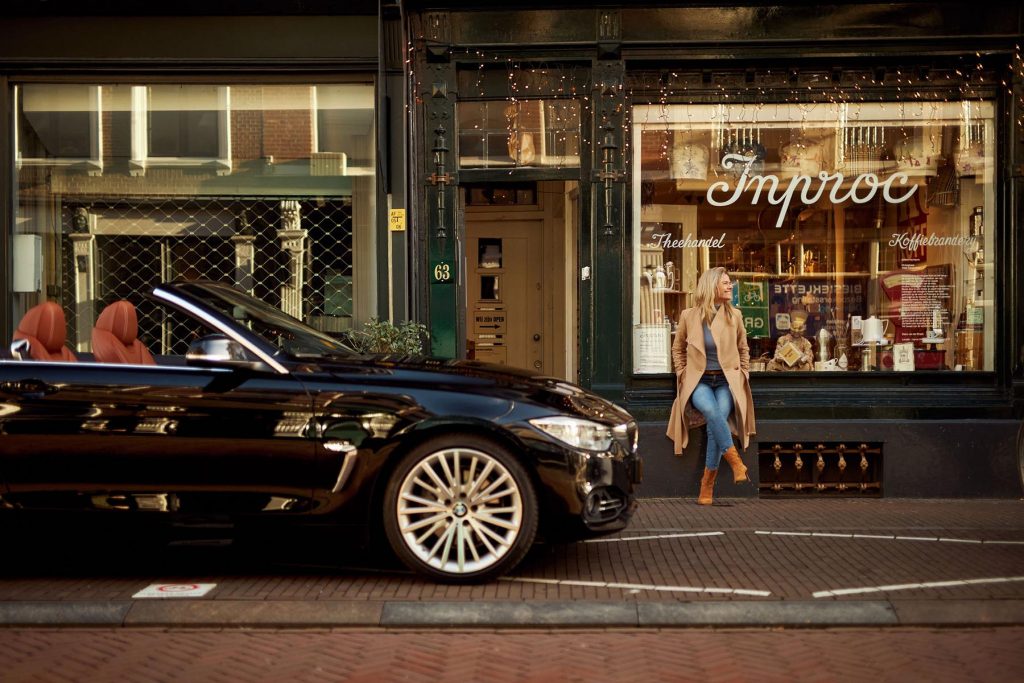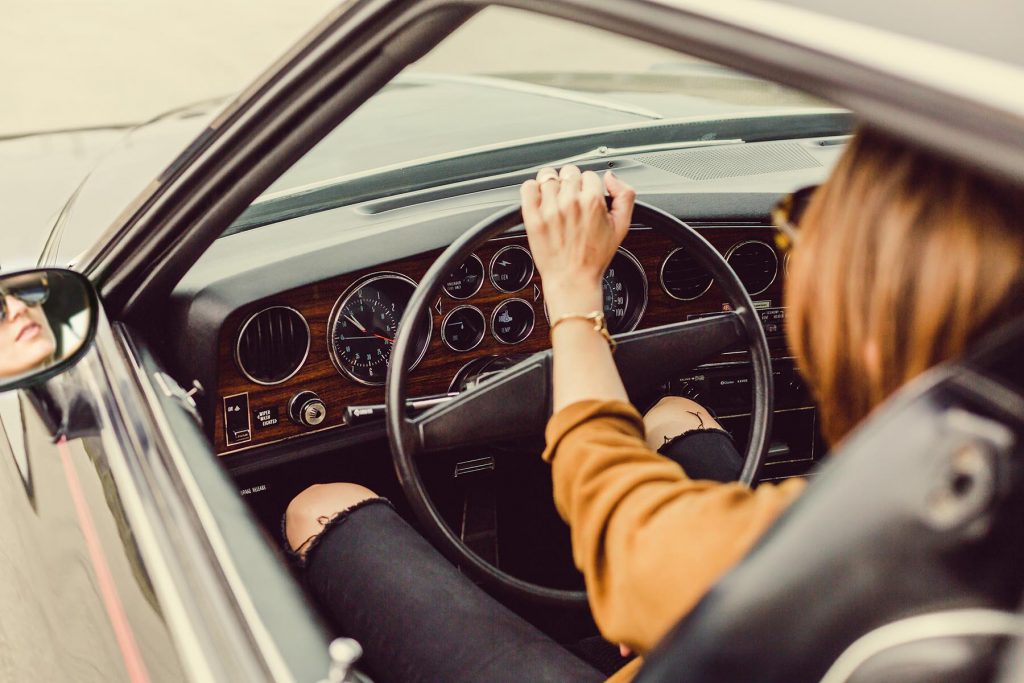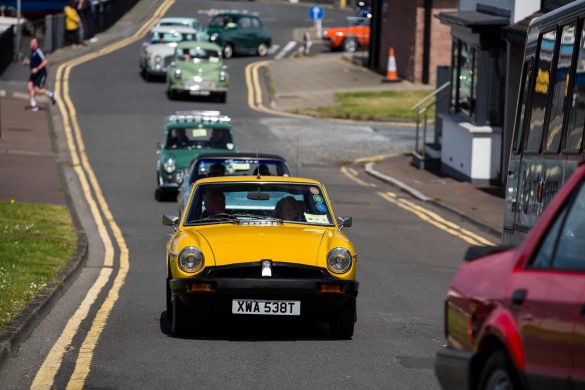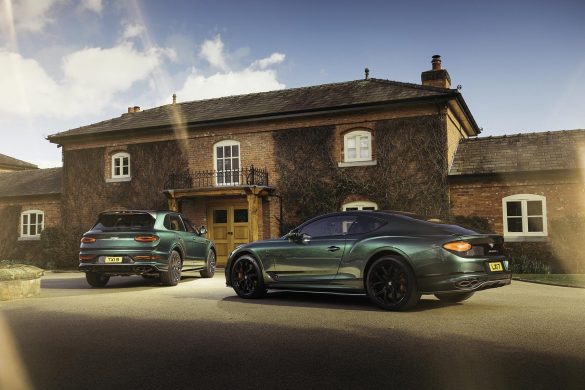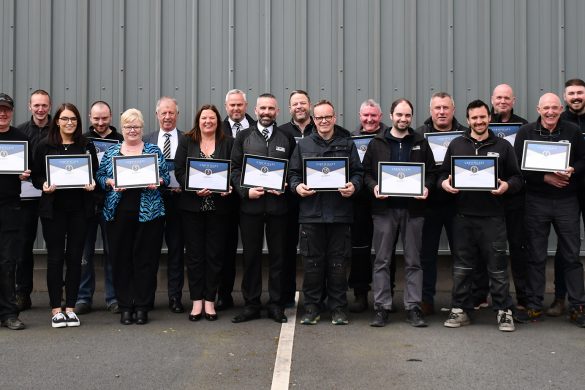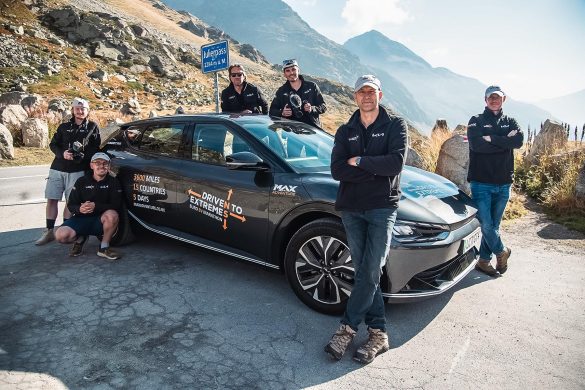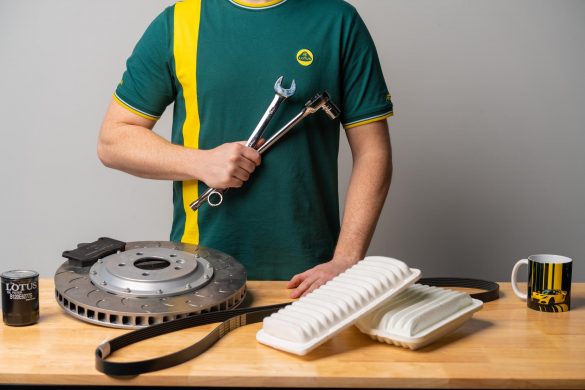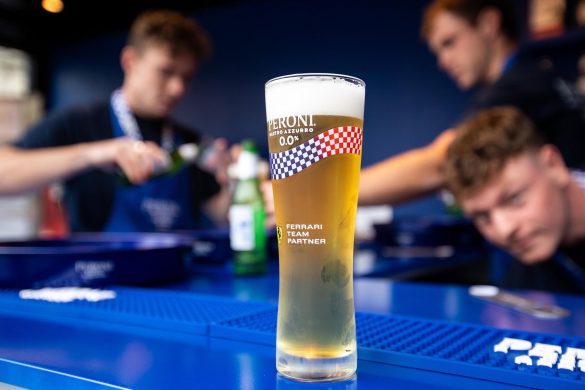When it comes to cars, safety is the single most important feature desired by women, according to a global survey commissioned by South African insurer 1st for Women with members of the global Women’s World Car of the Year (WWCOTY) jury. Carried out by South African WWCOTY juror Charleen Clarke, the survey has found that practicality, performance, and space are all tied in second place.
The WWCOTY jurors have highlighted other features that are important for women: “I recently conducted a survey into the most wanted automotive features by women and around 14 000 female motorists participated. The outcome was that safety features and the seating position (the higher, the better) are extremely important to women,” says Tina Vujanovi?, who represents Serbia on WWCOTY.
Safety is a key consideration when buying a car in many countries. Mebi Nguy?n, who represents Vietnam on WWCOTY, agrees that it is paramount. “Women look for safety features like a backup camera, blind spot monitoring, and ABS. They also look for convenience features such as storage pockets, cupholders, and air-conditioning,” she reports.
Elana Scherr, who represents the USA, also rates safety highly. “I know many of my female friends prioritize safety ratings and fuel economy, followed by appearance and interior,” she reveals.
But safety is not the only key consideration for women when it comes to buying a car. Their purchasing decision is based on multiple factors such as behaviour and performance. Kurcz Erzsébet Magyarország – who represents Hungary on the jury – says that handling and reliability are critical to women. “The following qualities are important in a car: handling, ease of operation, safety, power, an aesthetic interior, and environmental impact. The most important consideration for me is reliability,” she expands.
All this shows that women’s approach to the automotive world is more rational than emotional. Fran Muñoz, the WWCOTY jury member from Chile, emphasises that – contrary to popular belief – women rely on the head rather than the heart when it comes to choosing a car. “Women are increasingly well informed and are always interested in having as much information as possible at hand when deciding to buy a car,” she says.
When it comes to buying a car, women’s priorities are often determined by the specific needs of each individual’s situation. As Nicole Wakelin, another jury member representing the USA, points out, women look for features that simplify day-to-day life: “That’s not the same set of features for every woman. Those who commute want comfort and a responsive yet fuel-efficient car. Moms seek out room for the kids and all their stuff, as well as easy access to buckle squirming toddlers into car seats. It’s all about making life easier.”
Shereen Shabnam, who represents the United Arab Emirates, meanwhile, believes that “some women – who play multiple roles in the family – look for power, as they need a car that can get them to their destination faster”.
Another area of interest for women in the 21st century is the environment, with vehicle emissions becoming an issue of growing concern for women drivers. “Female motorists are becoming more aware of the environmental impact of cars. Accordingly, women are studying emission data and, wherever possible, they’re selecting a ‘greener’ motoring option,” says Charleen Clarke, coordinator of the study and WWCOTY judge in South Africa.
“In summary, the study conducted on our behalf clearly shows rationality to be very important in car purchase decision-making by women, while safety, functionality, reliability, performance, and the environment are among the most important factors to be taken into account,” concludes Seugnette van Wyngaard, Head of 1st for Women.
